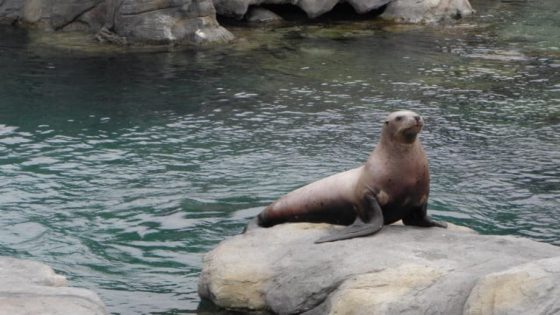Pairi Daiza recently faced a temporary closure of one of its zones due to the behaviour of a Steller sea lion. This protected species, known for its distinctive calls and large social groups, caused a brief disturbance in the park’s Last Frontier area, which resembles British Columbia and Alaska.
- Pairi Daiza temporarily closed Steller sea lion zone.
- Male Steller sea lion showed aggressive behavior.
- Female sea lion rejected male's mating attempt.
- Zone reopened after male moved to another basin.
- Steller sea lions live in large rocky groups.
- They communicate through grunts and distinctive cries.
On Sunday, June 8, 2025, at around 15:05, a male Steller sea lion attempted to mate with a female but was rejected. His aggressive response led the park to close the area temporarily to ensure visitor safety and animal welfare. This incident highlights the challenges of managing wildlife in captivity during sensitive periods like mating season.
How do such natural behaviours affect visitor experience? And what measures can parks take to balance animal needs with public access? The following fast answer explains the situation and its resolution.
Understanding animal behaviour in captivity is crucial for both safety and conservation. This event raises questions about how parks anticipate and handle natural instincts:
- Steller sea lions are protected and known for complex social interactions.
- Aggression during mating season is a natural but challenging behaviour to manage.
- Temporary closures help ensure visitor safety without long-term disruption.
- Clear communication by parks reassures the public and promotes awareness.
As wildlife parks continue to balance natural animal behaviours with public engagement, visitors can expect ongoing efforts to enhance safety and education. Could this incident prompt new strategies for managing animal interactions? Belgian wildlife enthusiasts will be watching closely.

































